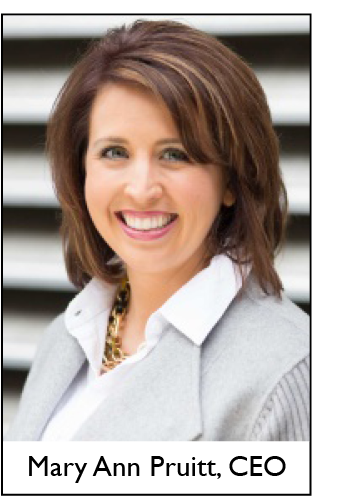Media Marketing for Different Industries

March 11, 2024
As the media marketing landscape evolves, I believe that adapting your strategy to the specific industry you’re targeting is more important than ever. From higher education to professional services, each industry requires a personalized approach to engage its audience successfully. In this post, I’ll explore the different media marketing tactics used across various industries, including higher education, healthcare, entertainment, tourism, sports teams, and professional services, highlighting key strategies that media buyers employ to connect with their target audiences.
 Higher Education
Higher Education
Marketing for higher education organizations generally focuses on attracting prospective students, engaging alumni, and improving the institution’s reputation. Social media platforms like Facebook, Instagram, and LinkedIn, play a crucial role in showcasing campus life, academic programs, and success stories of alumni. Content marketing through blogs and newsletters can provide valuable information on course offerings, campus amenities, and student achievements. Virtual tours and webinars have also become effective tools in a post-pandemic world, offering immersive experiences to potential students from the comfort of their homes.
Healthcare
The healthcare industry requires a fairly sensitive and highly informative approach to marketing, with an aim to build trust and educate the audience. Content marketing is king in this sector, with a frequent focus on health blogs, patient success stories, and informational videos that address common health concerns and promote health wellness. Social media campaigns are often tailored to provide health tips and promote local community events. Email marketing remains a very powerful tool for patient retention, offering personalized health reminders, news, and updates. Additionally, online reviews and patient testimonials are vital for preserving organizational reputation, which influences potential patients’ decisions.
Entertainment
For the entertainment industry, engaging and captivating the audience is the main priority. Social media platforms that include Instagram, Twitter, and TikTok, are used expansively to create excitement around new releases, events, or celebrity endorsements. Influencer marketing plays an increasingly significant role, leveraging the reach and influence of content creators and celebrities to promote movies, music, and games. Exclusive previews, behind-the-scenes content, and interactive promotions can drive audience engagement and encourage sharing, magnifying the reach of media campaigns.
Tourism
Marketing for the tourism industry is fueled by showcasing destinations and experiences. Stunning visuals and compelling storytelling are essential, with Instagram and Pinterest serving as key channels for sharing breathtaking images and travel stories. Virtual Reality (VR) tours can offer potential visitors a glimpse of what to expect, enhancing their interest and engagement. Influencer partnerships are also rampant, with travel bloggers and influencers sharing their experiences to inspire and entertain their followers. Email marketing campaigns tailored to interests and past behaviors can effectively promote seasonal offers and exclusive deals.
Sports Teams
For sports teams, the focus is on building and maintaining a loyal fan base. Social media is often used to create a sense of community among fans, sharing highlights, team news, and behind-the-scenes content. Exclusive merchandise offers and ticket sales promotions are frequently offered through email marketing. Engaging fans with interactive content, such as fantasy leagues and polls, can enhance their connection to the team. Mobile apps provide a direct channel for updates, merchandise, and live streaming, ensuring fans are always connected to their favorite teams.
Professional Services
Media marketing for professional services, such as legal, financial, or consulting firms, relies on establishing credibility and expertise. LinkedIn is a natural platform for networking and showcasing thought leadership through articles, surveys, reports, and case studies. Content marketing in the form of blogs, whitepapers, and webinars, provides valuable insights and advice, helping to position the organization as an industry leader. Email marketing can nurture leads with personalized content, while SEO strategies ensure that the firm’s expertise is easily discoverable by those seeking solutions.
Each industry presents unique challenges and opportunities for their media marketing. The key to success lies in understanding the specific needs and preferences of each industry’s target audience and crafting a tailored strategy that balances the right mix of platforms and content. Whether it’s through engaging social media campaigns, informative content, or immersive experiences, the goal remains: to connect with an audience in a meaningful way, build trust, and drive action. As the digital landscape continues to evolve, staying agile and responsive to these changing dynamics will be crucial for marketers in every industry.


